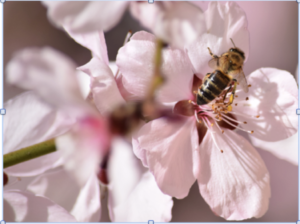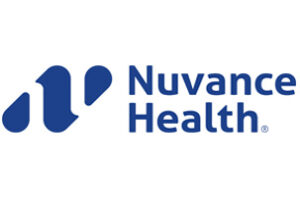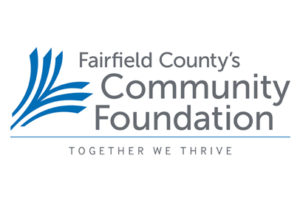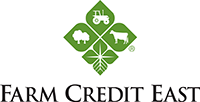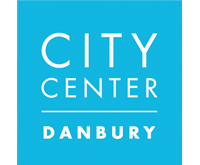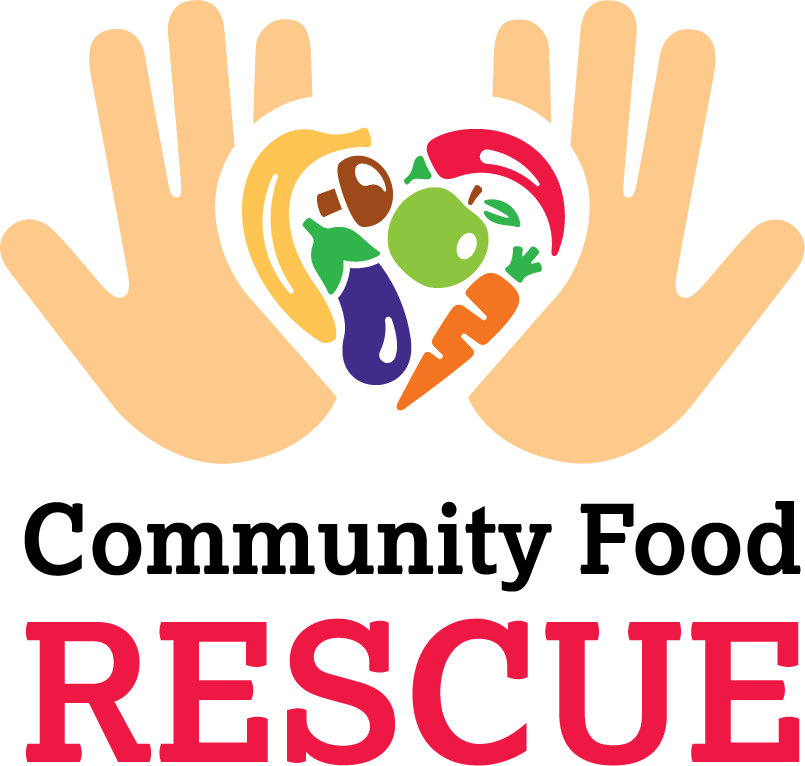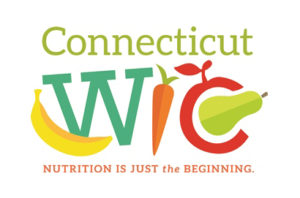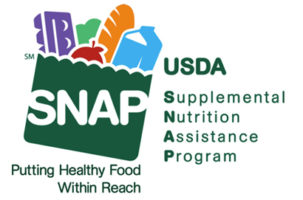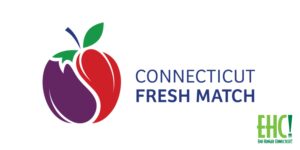Planning A Fruit-Based Bee Garden:
Tips For What To Plant And How To Support These Key Pollinators
Growing your own fruit is a great way to help your family maintain a healthy diet, and many fruit plants also help the bee population. Bees are essential pollinators for many of the food crops we rely on, but mites, pesticides, and environmental shifts are threatening many species of these helpful insects. If you would like to grow a fruit garden that is geared toward also helping the bees, you have plenty of delicious options to incorporate into the space you have available.
Fruit trees and shrubs tend to be bee-friendly
Fruit trees are very popular with many species of bees. You should try to plant at least two trees of any variety you choose, rather than singles of many different types. In addition, if you can, add multiple clusters of trees that bloom at different times of the year so the bees have a steady source of food, as this will entice them to keep coming back.
Pear trees are a great pick for a bee garden, and you can plant cherry and apple trees for the summer or peaches and plums for the fall. If you are looking for some non-traditional choices, consider planting quince or medlar trees as well. If full-sized trees feel like too much to tackle, look into dwarf fruit trees that will be somewhat more space-efficient. They will often bear fruit more quickly than their full-size counterparts, but they may also have a shorter life span.
Berries and more unique options work well too.
If your gardening space has room for shrubs or low-growing vines, you are in luck in terms of bee-friendly options. Almost all berries, including strawberries, raspberries, blackberries, and blueberries, are excellent choices. You may also want to branch out and try less common bee-friendly berries like gooseberries and elderberries.
Additional options for your pollinator fruit garden include grapes, various types of melons, avocados, and tomatoes. Depending on your location, you could plant fruits like kiwi, passion fruit, apricots, currants, and loganberries as well. The more diversity you can incorporate, the more bees you will likely attract.
Try to avoid pesticides and herbicides
When planning your fruit-focused bee gardens, consider organic gardening (or, as Home Advisor defines this type of gardening: “a form of gardening that does not allow the use of synthetic fertilizers or pesticides”). Synthetic fertilizers and pesticides are typically chemical-laden products that can do a lot of damage to the bees, but avoiding them can negatively impact the yield and quality of your fruits. Many families are anxious to avoid pesticides and herbicides for their own family’s health as well, and there are ways to rely on more natural options instead.
A homemade oil spray or soap spray can take care of some bothersome pests, and some gardeners use diatomaceous earth as a natural insecticide too. Garlic or chile pepper spray work in some cases, and you may find that a combination of approaches is necessary to get the desired effect. You can also learn to embrace predatory insects that will help rid your garden of problematic pests without causing damage to your fruit plants.
There are many ways that beginning gardeners can help troubled bee populations, and growing bee-friendly fruits in your home garden is a great place to start. There are plenty of options to try, such as apple or cherry trees and almost any kind of berry. By planting fruit in your garden, and avoiding herbicides and pesticides, you not only provide your family with healthy foods from your own backyard, but you provide opportunities for bees to gain much-needed support.
[Photo via Pixabay]
